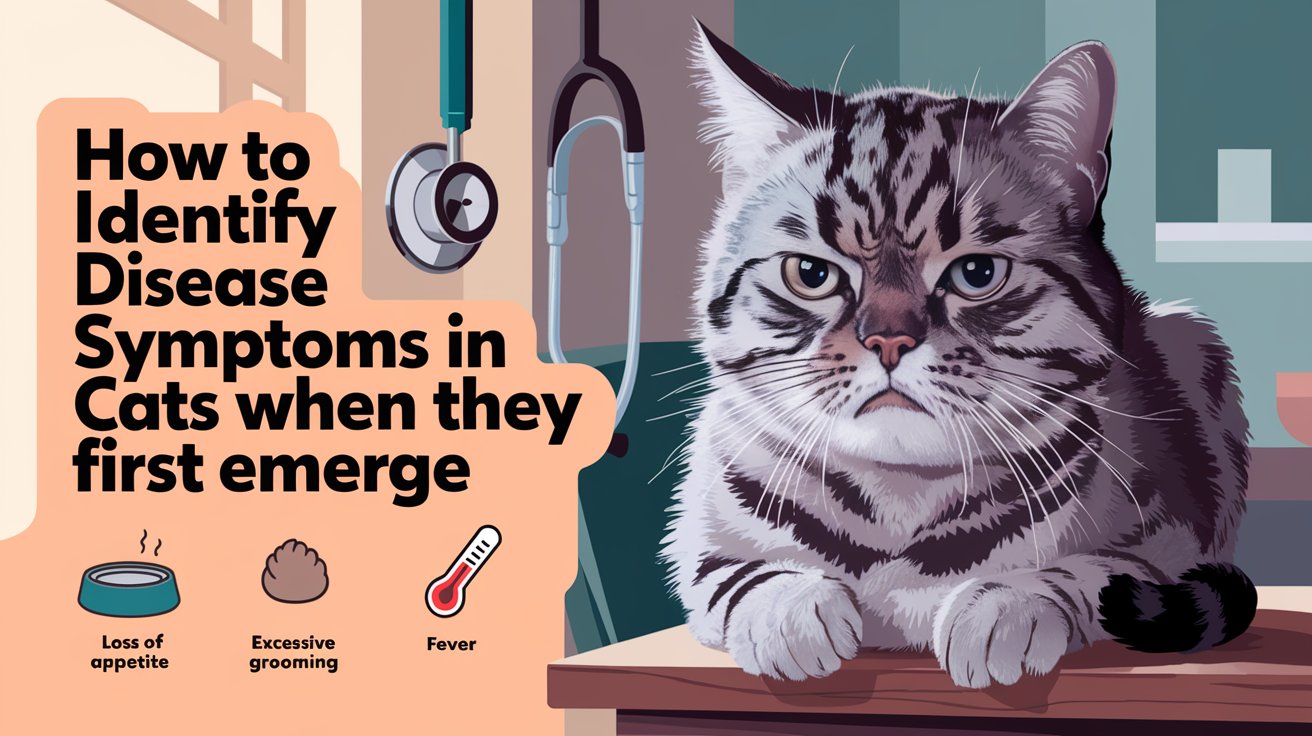Cats are thought be solitary and secretive animals. But this makes it rather difficult in as much as it is easy to realize that they are sick. Most importantly, as a cat owner, first indications of the illness that your cat may be showing should be detected early so that it is treated on time. Below are different Early signs of disease in cats that can assist you to identify various health complications at an early stage.
Behavioral Symptoms: Shifts Regarding Food and Beverages
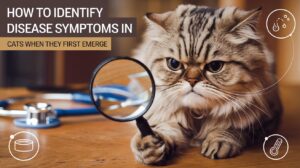
Cats are very much habits when it comes to their meal and water especially if they are for the cat. Losing of appetite or thirst in varying episodes also is another signal. Common indicators include:
Not eating for over twenty four hours
More or less water consumption
Pain or numbness of the tongue
Symptoms may also indicate dental issues, ill – functioning kidneys or potential diabetic conditions. Closely supervise your cat taking food or water, as the tumor may cause them to stop eating and drinking if it grows large enough.
Early signs of disease in cats: Unintentional Weight loss or gain

Sudden weight loss mainly comprises of two types, one being unintentional and the other being due to illnesses. Loss of weight may be attributed to parasite infection, hyperthyroidism, or even cancer. On the other hand, weight gain, which may be rapid and unexpected is the sign of accumulation of fluids or obesity. The process should not be random but you should have specific dates to ensure you monitor any worrying changes.
Early signs of disease in cats: Vomiting or Diarrhea
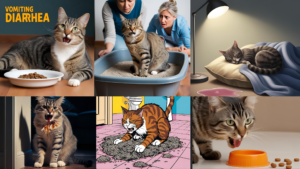
Some vomiting or diarrhea is not seriously dangerous but severe consistent vomiting or diarrhea is dangerous. Look out for additional signs like:
Blood in the stool or vomit
Persistent lethargy
Loss of appetite
These symptoms might be due to gastrointestinal, infection, or possibility of poisoning. If the problem is not over within 24 hours then please consult a veterinarian.
Early signs of disease in cats: Lethargy or Unusual Behavior
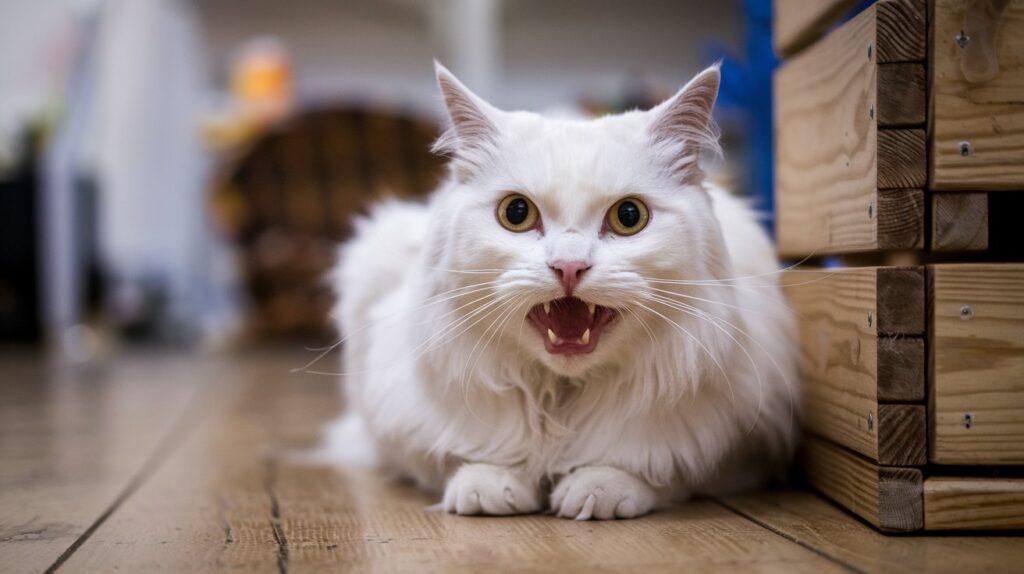
Generally a healthy cat is an active animal, which is playful and interested in its environment. Possible signs of this are if your cat spends more time inactive, hidden or simply shows a lack of interest in things it used to like. There are certain behavioral changes which can become the signal of the presence of pain the stress or the illness.
Difficulty Breathing
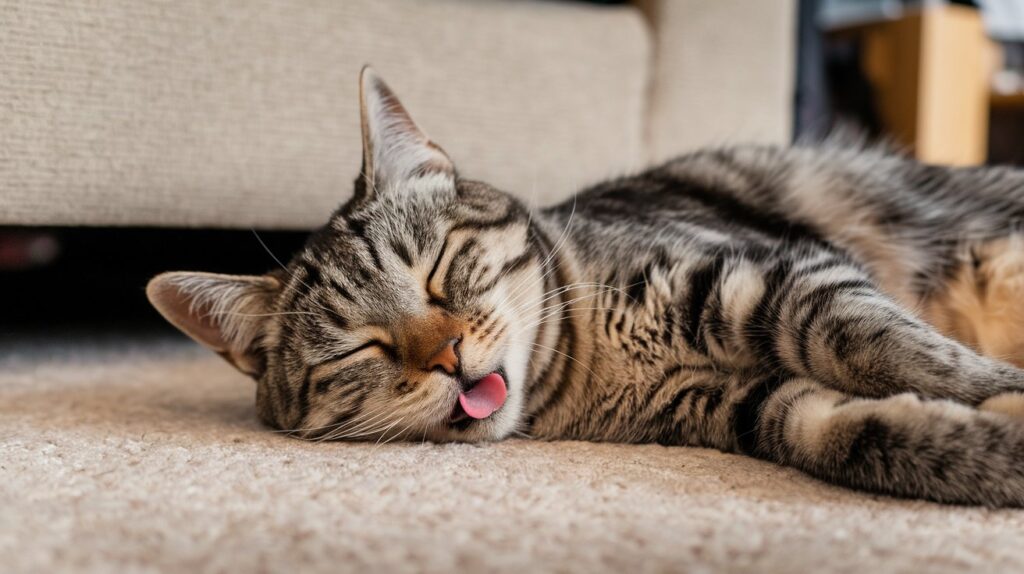
Cats must still breathe silent and steady. Signs of respiratory distress include:
Rapid or shallow breathing
Open-mouth breathing
Coughing regularly or consistently making whistling sounds when you breathe.
During this period, the affected animal will exhibit certain signs as outlined below, therefore contacting your vet immediately is essential. Shortness of breath can be a sign of respiratory illness, asthma or a heart related condition.
Changes in Coat and Skin

The skin fur of a healthy cat is Without even meaning to sound too specific, a very smooth silky fur type of cats. Watch for these warning signs:
Hair fall or in other words if there is too much hair on the comb and brush or if there are patches on the scalp.
Red, irritated, or flaky skin
Lumps or bumps under the skin
Such changes might be due to allergies, infection or even skin cancer. This way, such problems are easily noticeable as you groom the pet on a regular basis.
Unusual Litter Box Habits

Altered patterns of urinating or defecating may show signs that there is something wrong with the body. Early signs of disease in cats, Be alert if your cat:
Strains to urinate
Eliminates urine on the floor away from the litter box
Has diarrhea or constipation
It could be signs of urinary tract infections, kidney problems, or gastrointestinal problems. Pay attention to the times your cat uses the litter and get a vet if there are changes.
Persistent Bad Breath

Although some smell is inevitable, foul smell in the mouth means dental illness or other complications. Watch for:
Red or swollen gums
Difficulty eating
Drooling excessively
Daily brushing and professional dental cleaning to your cat are important to add years to his/ her life.
Eye and Ear Problems

The condition of your cats eyes and ears can tell a lot about the overall health of your cat. Look for:
Influenced eyes discharge, redness or cloudiness are likely to be noticed.
Such signs as scratching or head shaking often
Discomfort, itchiness, or pain in the ear;& вкус<|human|>Earaches or symptoms suggesting an ear infection
These signs may show infections, injuries or allergies in these instances. Sometimes, when the condition is treated early, complications are avoided.
Grooming or Scratching That is Excessive

Cats are fastidious animals, and if they start grooming themselves more than they should or start scratching after grooming, there is usually a problem. Possible causes include:
Parasites like fleas or mites
Allergies
Stress or anxiety
If grooming has any side effects, such as causing the dog to lose some hair at some areas, or skin rashes, you should take your dog to the vet for a check up.
When to See a Vet
If you find yourself exhibiting any of these symptoms, do not hesitate to do so. Pet cats especially can be professional secret keepers when it comes to pain or signs of diseases hence early signs of cat illness is extraordinarily hard to notice. Daily routine check-ups, immediate response to the changes in your cat’s behavior or physical appearance can do a lot of difference.
Prevention Tips
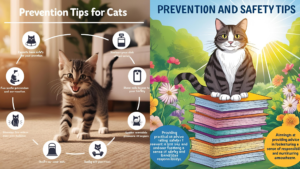
Feed with proportional meals and fresh water in a daily basis.
Make sure your cat has received his vaccinations.
Give your pet several appointments with the veterinarian for the check up.
Make sure that your cat is not stressed and is happy with their environment.
Indeed, early signs of illness in cats are crucial to distinguishing and the early distinguishing recognition of such signs may sometimes be the key to saving lives. With this in mind, you must be very vigilant and get an early intervention to avoid greatly affecting your cat’s health.
1. What are the first signs of illness in cats?
The first signs often include changes in behavior, appetite loss, lethargy, vomiting, or unusual litter box habits.
2. How can I tell if my cat is in pain?
Signs of pain in cats include hiding, reduced activity, vocalization changes, limping, or sensitivity to touch.
3.When should I take my cat to the vet?
If symptoms persist for more than 24-48 hours or worsen, it’s best to seek veterinary care immediately.
4. Why is my cat suddenly not eating?
Loss of appetite could be due to dental issues, digestive problems, infections, or more serious underlying conditions.
5. What does it mean if my cat is drinking more water than usual?
Increased thirst can indicate kidney disease, diabetes, or other health concerns and should be checked by a vet.
6. How do I prevent illness in my cat?
Regular vet checkups, a balanced diet, vaccinations, and keeping your cat stress-free can help prevent many illnesses.
